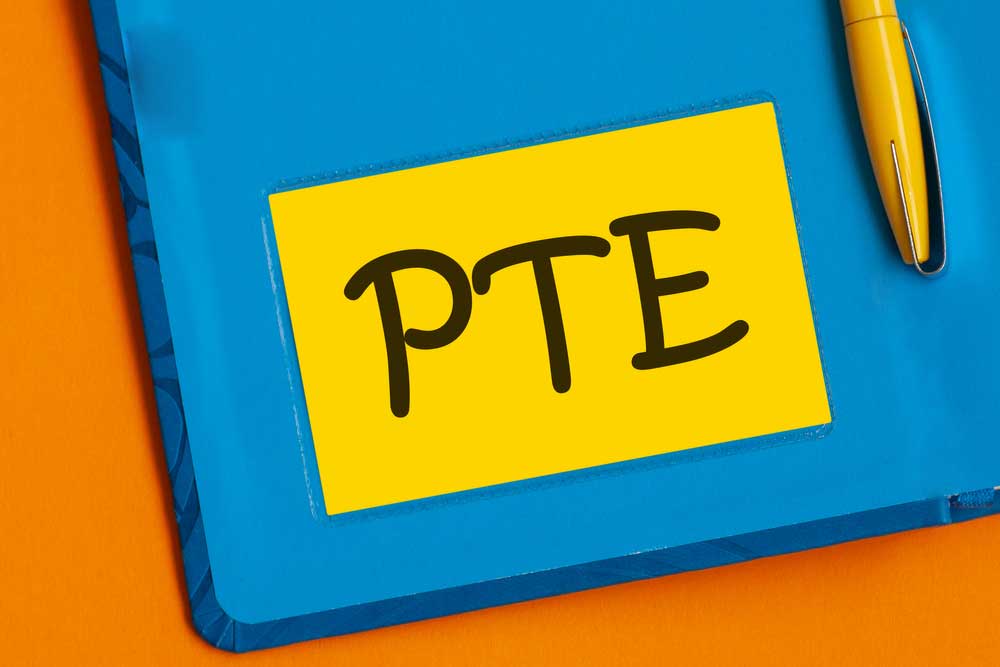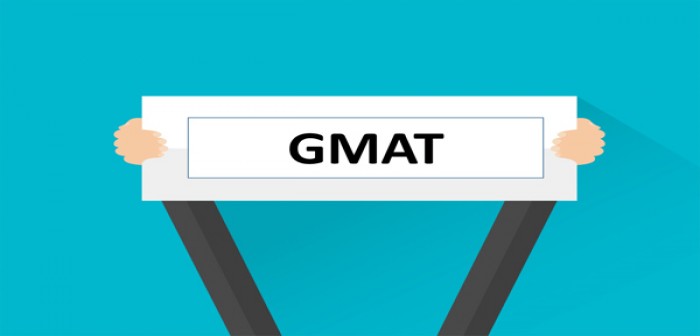Education Loans for Germany: A Complete Guide for International Students

Strong 8k brings an ultra-HD IPTV experience to your living room and your pocket.
Germany has become one of the most sought-after destinations for international students, offering high-quality education at remarkably affordable costs. While tuition fees at public universities are minimal or even free, students still need to consider living expenses, insurance, and other costs. This comprehensive guide explores everything you need to know about education loans for studying in Germany.
Understanding the Cost of Studying in Germany
Before diving into loan options, it's crucial to understand the actual costs involved. While public universities in Germany charge minimal semester fees (usually €150-350 per semester), students need to account for:
Living expenses: €850-1,000 per month
Health insurance: €110-120 per month
Study materials and books: €150-250 per semester
Initial blocked account requirement: €11,208 (as of 2024)
Types of Education Loans Available
German Government-Backed Options
KfW Student Loan is one of the most popular options offered by the German government-owned development bank. This loan provides up to €650 per month for living expenses, though it's primarily available to EU students and students who have lived in Germany for several years.
Home Country Bank Loans
Many international students opt for education loans from banks in their home countries. These loans typically offer:
Long repayment periods (7-15 years)
Competitive interest rates (8-14% depending on the country)
Option to cover both tuition and living expenses
Collateral requirements vary by bank and loan amount
Private International Student Loans
Several private lenders specialize in international student loans. These loans often feature:
Higher interest rates compared to government loans
More flexible eligibility criteria
Quicker processing times
Options for both secured and unsecured loans
Key Factors to Consider When Choosing an Education Loan
Interest Rates and Terms
Compare both fixed and variable interest rates across lenders. While variable rates might start lower, they can increase over time. Fixed rates provide more predictability for long-term financial planning.
Repayment Schedule
Most education loans offer:
Grace period during study duration
Flexible repayment options starting 6-12 months after graduation
Options for partial prepayment without penalties
Documentation Requirements
Common documents needed for loan applications include:
University admission letter
Proof of income/collateral
Academic transcripts
Valid passport
German blocked account confirmation
Tips for Successful Loan Application
- Start Early: Begin the loan application process at least 3-4 months before your planned departure to Germany.
- Maintain Good Academic Records: Strong academic performance increases your chances of loan approval and might help secure better interest rates.
- Research Multiple Lenders: Don't settle for the first option. Compare offers from at least 3-4 different lenders.
- Calculate Total Costs: Factor in exchange rate fluctuations and all associated fees when calculating your loan requirement.
The Blocked Account Requirement
A unique aspect of studying in Germany is the mandatory blocked account (Sperrkonto) requirement. This account serves as proof of financial resources, requiring students to deposit approximately €11,208 (amount varies yearly) before visa approval. Some loan providers offer special disbursement plans aligned with this requirement.
Alternative Funding Options
While considering education loans, also explore:
Scholarships from German institutions (DAAD)
Part-time work opportunities (up to 120 full days or 240 half days per year)
Research assistant positions at universities
Fellowships and grants
Conclusion
Securing an education loan for studying in Germany requires careful planning and consideration of various factors. While the process might seem overwhelming, the investment in German education often proves worthwhile given the country's high academic standards and post-graduation opportunities. Remember to thoroughly research all available options and carefully read all loan terms before making a decision.
Note: IndiBlogHub features both user-submitted and editorial content. We do not verify third-party contributions. Read our Disclaimer and Privacy Policyfor details.







